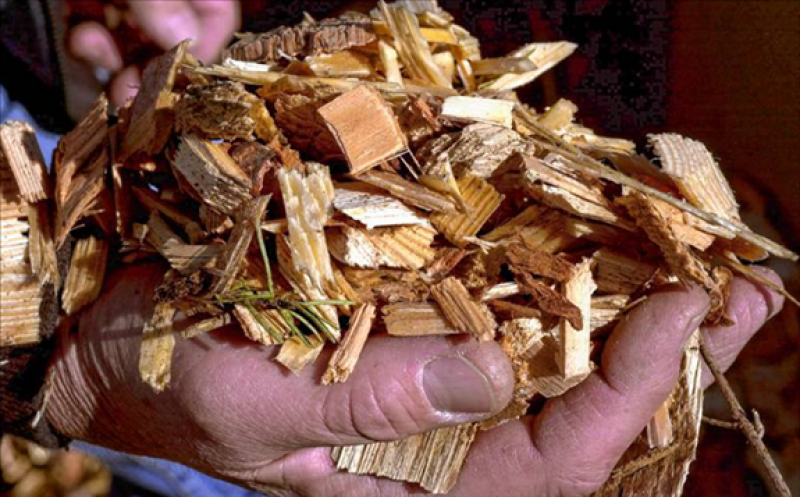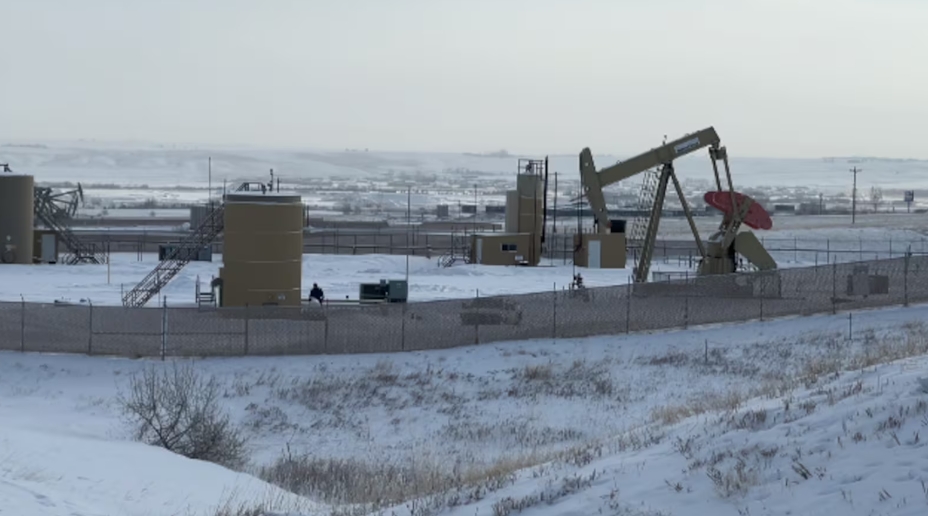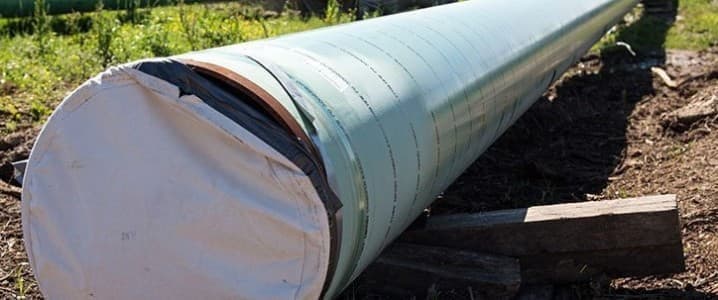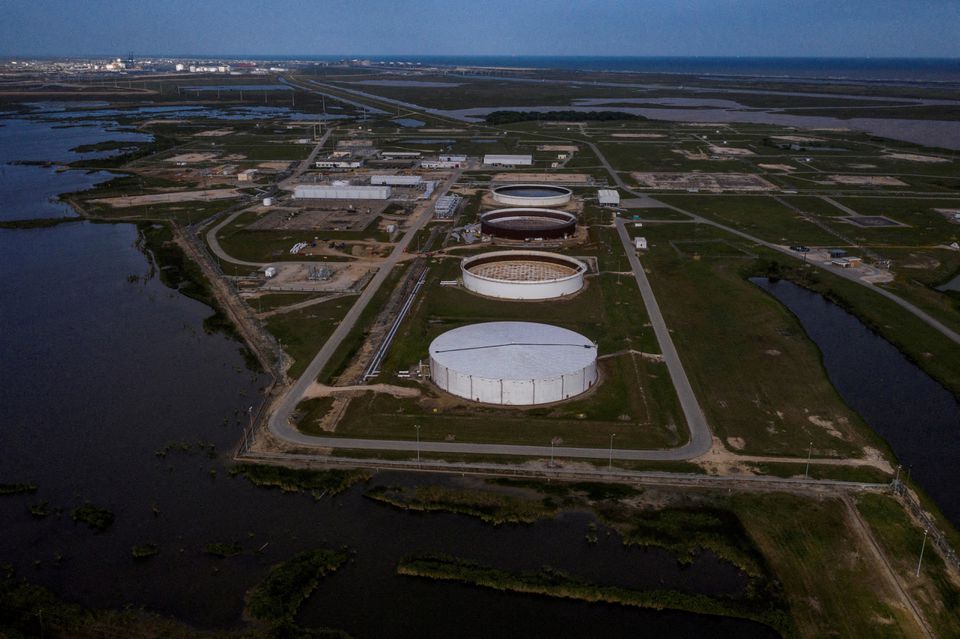The controversial wood-burning power plant proposed in East Springfield would no longer qualify for renewable energy credits under a set of regulations that the Baker administration revised and put forward Friday after months of outcry from community members and environmental advocates.
 AP FILE PHOTO AP FILE PHOTO
AP FILE PHOTO AP FILE PHOTO
The changes to the state’s Renewable Portfolio Standard regulations are specific to biomass plants like the Palmer Renewable Energy project that opponents say would be one of the most significant polluters in western Massachusetts and would contribute to pollution in an environmental justice community that already ranks as the worst place in the U.S. to live with asthma.
“The updates to the RPS regulations today make a key change. Biomass projects are now prohibited from qualifying for the RPS program if they are located within an environmental justice community or within five miles of an environmental justice community. They will not be eligible for the program,” Energy and Environmental Affairs Secretary Kathleen Theoharides said. “At the same time, we will also be requiring all new biomass units going into operation after December 31 of 2020 to meet the overall 60% efficiency requirement regardless of the type of biomass they’re using.”
The RPS governs the increasing amount of clean energy that utilities – and now municipal light plants – must purchase each year. Rules that have been in place since 2012 make only efficient combined-heat-and-power biomass plants eligible to sell renewable energy credits into the RPS market.
But the Department of Energy Resources issued a revised set of regulations last year that would have allowed biomass facilities to be eligible for the RPS if they used non-forest derived biomass, things like sawdust and utility clearings. That could have made the Springfield project eligible, DOER Commissioner Patrick Woodcock said.
Under the revised version of those regulations released Friday, Woodcock said, no new facility that would be less than 60% efficient could be eligible. He said the Springfield project, as proposed, would be roughly 30% efficient.
“When we say combined heat and power, that means that the facility not only produces electricity for on-site use or export but also uses the thermal energy to produce heating for water,” Woodcock said. “That’s an application that we see in hospitals, typically, and also in manufacturing processes.”
While the changes announced Friday could throw a wrench in the plans for the Springfield project, the RPS revisions are only one issue the biomass plant, which has been in the crosshairs of community and environmental activists for years, must contend with.
Earlier this month, the Massachusetts Department of Environmental Protection revoked the Springfield project’s air plan approval “due to a lack of continuous construction as required in state regulation, the nine years that have lapsed since the air plan’s approval, and public health and environmental justice concerns.”
Palmer Renewable Energy has appealed DEP’s decision.
The Springfield Climate Justice Coalition has been spearheading the opposition to the plant, and the Partnership for Policy Integrity, Conservation Law Foundation and other groups have been vocal about their opposition to the Baker administration’s previous proposal to expand renewable energy credit eligibility for biomass plants.
“One in five of Springfield’s children already suffers from asthma,” Jacqueline Velez, a Springfield community organizer said earlier this year. “If Palmer builds this highly-polluting biomass power plant that percentage will only increase, putting further strain on a local public health system that is already short-staffed.”
Theoharides said Friday that the administration changed its mind and revised its RPS regulation proposal after meetings with community members and listening to the deluge of public feedback that opposed the expanded eligibility for biomass plants.
“We proposed a set of regulations and updates and we heard strong feedback across the board from communities across the commonwealth, particularly environmental justice communities, that this rule change could be damaging to global air quality, particularly in environmental justice communities. We heard that loud and clear,” she said. “As we have been working on our net-zero roadmap and other key pieces of our climate strategy, we’ve been looking for areas to update and advance outcomes that benefit environmental justice communities, and this seemed like one of the places we should be making a change to reflect those considerations moving forward.”
The biomass-specific regulations that DOER released Friday will be subject to a 30-day public comment period. The remainder of the revisions will be submitted Friday to the Joint Committee on Telecommunications, Utilities and Energy (TUE) for review.
After the 30-day comment period on the biomass provisions ends, the regulations will also be filed with the TUE Committee for review. The committee has 30 days to hold a hearing on the regulations and then writes a report. DOER is supposed to take that report into consideration before it files the final regulations with the secretary of state’s office after a mandatory 60-day waiting period.







